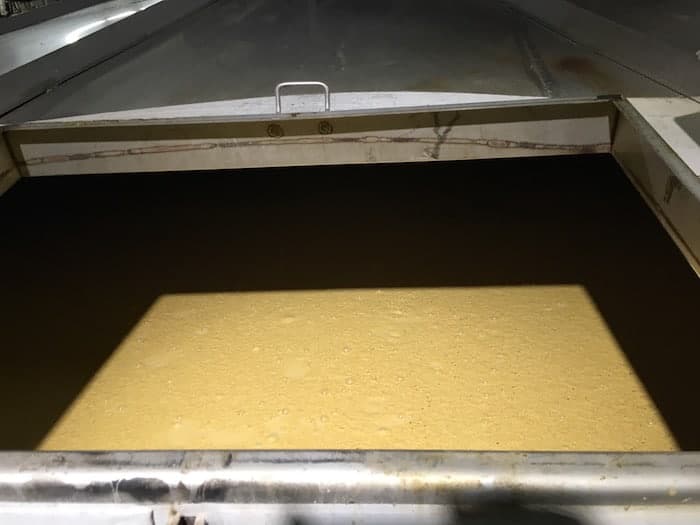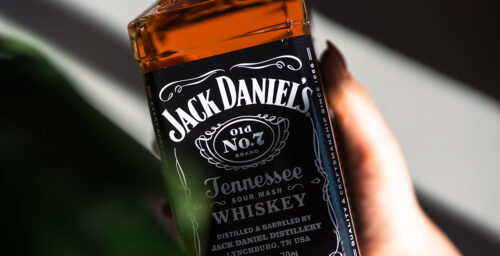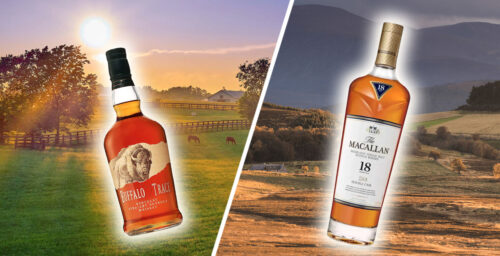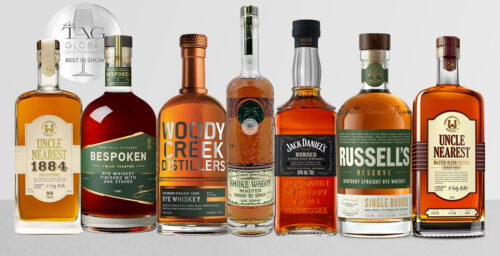Most whiskey fans know something about the grains that go into their favorite tipple, but what about whiskey yeast? The industry uses a number of different types of yeast, with practices varying by region and whiskey category.
In the bourbon industry, most distilleries dedicate a lot of energy to maintaining a proprietary yeast culture that they say makes a major impact on flavor. (Some, like Four Roses, maintain several). Those yeast cultures are propagated on an ongoing basis, with each new batch of bourbon beer inoculated with pitches from the mother culture.

In the Scotch industry, on the other hand, most distilleries work with dried or creamed yeast, which minimizes challenges with inconsistency and requires less equipment than maintaining a proprietary culture. Rather than propagate it themselves, they just buy yeast and pitch it directly into each batch. At one time, Scotch distilleries used brewer’s yeast acquired from nearby breweries, but as the number of local breweries decreased, that practice changed.
Today, most Scottish distilleries use one of just a handful of similar yeasts from the “M” strain, which was introduced to the Scotch industry in the 1950s. (If you’re interested in the technical side of this topic, Whisky Science has a great post here).
Whether propagated in-house or purchased from a supplier, distiller’s yeast has a number of characteristics that differ from brewer’s yeast:
- Whiskey yeast typically ferments at a hotter temperature than ale yeast
- Whiskey yeast tends to be more efficient than brewer’s yeast in converting sugar into alcohol. This means the final fermented mash, or beer, is almost totally dry.
- Whiskey yeast is usually more aggressive than brewer’s yeast, fermenting to dryness faster than other beverage yeasts. This is important for big producers, where the speed of fermentation is very important.
These days, craft distillers are experimenting with virtually everything, and of course, that means yeast, too. Some are trying different yeasts or even combinations of yeast to ferment their mashes, including Belgian ale yeasts, traditional American ale yeasts, or even Champagne yeasts. As long as it converts starch into sugar, any yeast can theoretically be used to make a mash that will become whiskey.



